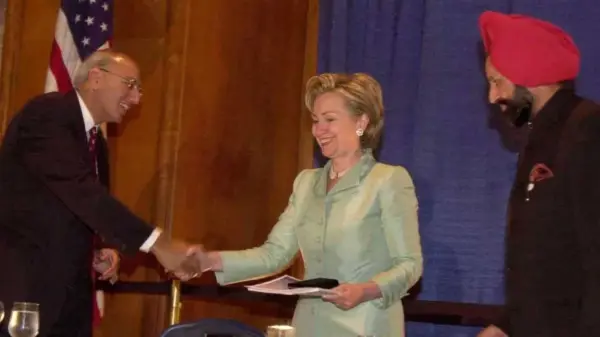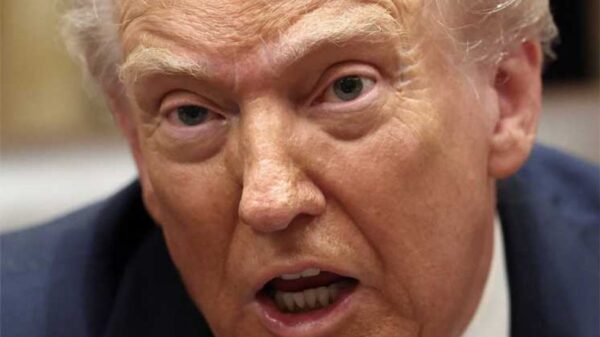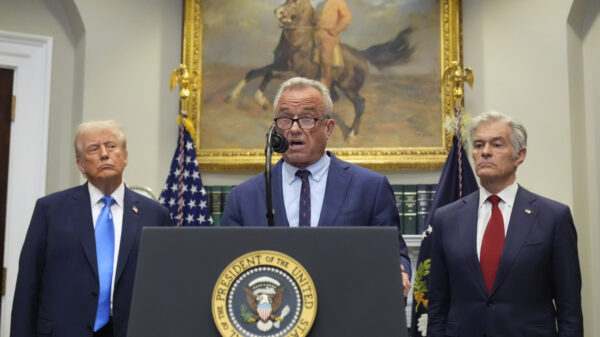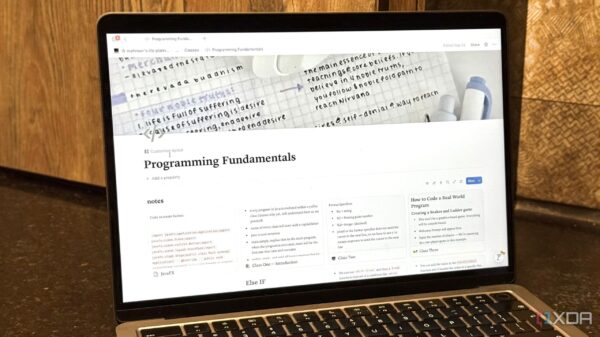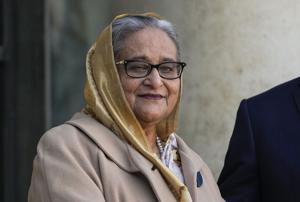A special tribunal in Bangladesh has officially indicted the country’s ousted Prime Minister, Sheikh Hasina, for alleged crimes against humanity. This decision follows the acceptance of charges linked to a mass uprising that resulted in the deaths of hundreds of students last year. The indictment is a significant development in Bangladesh’s political landscape and has drawn international attention.
The tribunal, consisting of a three-member panel, issued the indictment on October 5, 2023. The charges stem from violent protests that erupted in response to government policies, during which many demonstrators were reportedly killed or injured. Witness accounts and numerous reports indicate that law enforcement used excessive force to suppress the protests, raising serious concerns about human rights violations.
Details Surrounding the Indictment
The panel’s decision to proceed with the indictment marks a pivotal moment for accountability in Bangladesh. The charges against Hasina include allegations of orchestrating a crackdown on dissent and failing to protect citizens during the protests. Activists and human rights organizations have been vocal in demanding justice for the victims, calling attention to the need for thorough investigations into the events that transpired.
In the wake of the tribunal’s announcement, reactions have varied widely. Supporters of Hasina view the indictment as politically motivated, arguing it is an attempt to undermine her legacy and influence in the country. Conversely, opponents see it as a long-overdue response to the violence that marred the protests, which were largely driven by demands for democratic reforms.
Context of the Protests
The protests that led to the indictment were sparked by widespread discontent over government actions. Issues such as rising unemployment, inflation, and allegations of corruption fueled public anger. Many students became key figures in the demonstrations, calling for change and accountability from their leaders. Reports indicate that the government’s response was marked by heavy-handed tactics, resulting in tragic outcomes.
As the tribunal moves forward, the implications of this indictment extend beyond Bangladesh’s borders. The international community is closely monitoring the situation, with human rights organizations urging for transparency and adherence to legal processes. The case could set a precedent for how political leaders are held accountable for their actions during civil unrest.
The outcome of this tribunal remains uncertain, but it underscores a critical moment in Bangladesh’s ongoing struggle for justice and human rights. As the legal proceedings unfold, the eyes of the world will be on Bangladesh, watching closely how this situation develops and what it means for future governance in the country.











